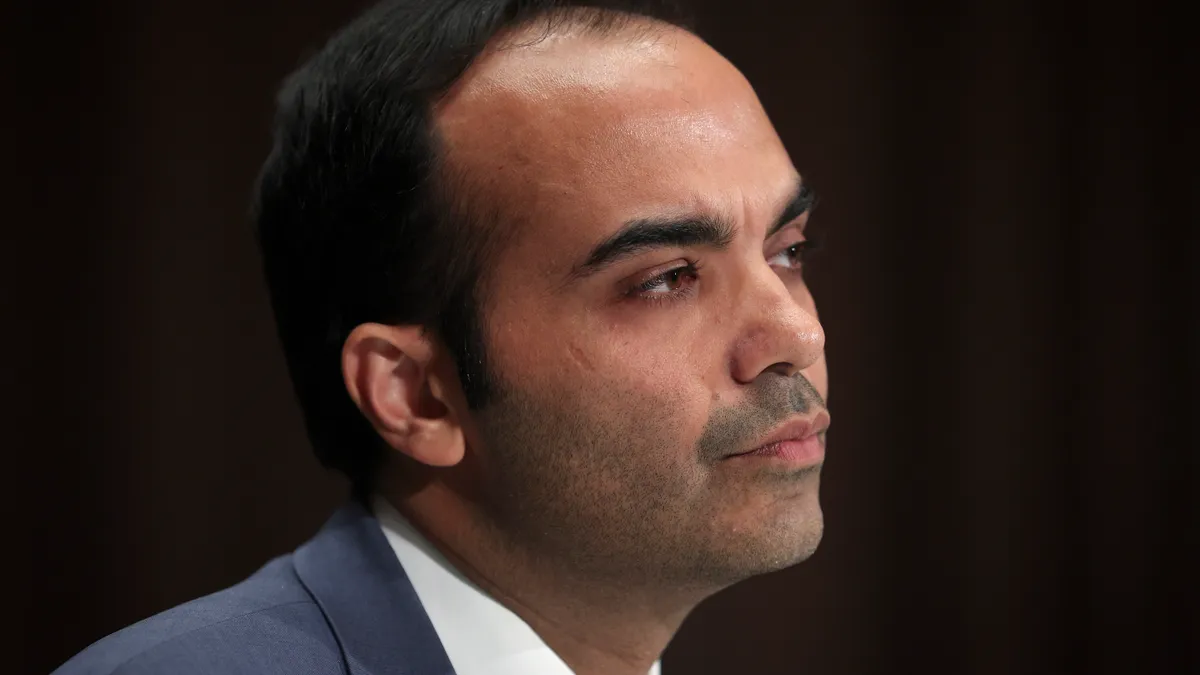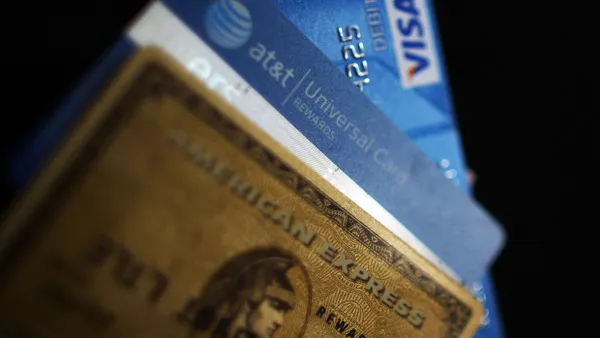Dive Brief:
- The Consumer Financial Protection Bureau is monitoring video games and virtual world marketplaces, which increasingly resemble payment and banking systems yet lack consumer safeguards, according to a Thursday report from the agency.
- Real-world currency flows in and out of these gaming markets, despite the virtual or mixed-reality of the games, the report stressed. The bureau is assessing issues in the gaming app sphere, such as a lack of recourse for players who lose money due to scams and an increase in fraud and money laundering.
- “The potential harms related to gaming and virtual worlds can be especially acute for children and other vulnerable populations,” CFPB Director Rohit Chopra said in a related statement also issued Thursday. “These worlds can become a haven for scams, fraud, financial losses, and unanticipated purchases that can deplete a family’s real-world financial assets.”
Dive Insight:
Americans spent $56.6 billion for gaming hardware and content in 2022, the CFPB report said. Over time, the gaming industry has changed its model from requiring a single payment to purchase and play a game to allowing players to play for free, and then offering in-game goods through small, one-time payments called microtransactions. Games that offer these microtransactions lead the industry in revenue, the report said.
Players are able to move money in and out of video games and virtual worlds through marketplaces run by game publishers and third-party websites, the report said. Virtual goods purchased by players can have high real-world value, with one “skin” for a game called Counter-Strike selling for more than $500,000 last year, according to the report.
“Gaming assets flow in and out of gaming marketplaces in a variety of ways and can have immense value. To leverage that value, financial products and services have begun entering gaming in the form of payment processing, money transmission, and even loans,” the report said.
While gaming companies are reaping the financial benefits of these marketplaces, they have taken a hands-off approach to consumer protections, the report said.
“The CFPB and FTC have received complaints from players who contacted their financial institutions regarding unauthorized Roblox game purchases,” the report said, referencing a popular video game. “These complaints note that while they received refunds through their financial institutions, Roblox then terminated or locked their account.”
The bureau did not immediately respond to questions about what prompted the report, or what actions it would take as a result of its findings.
“The Consumer Financial Protection Bureau will continue to monitor emerging business practices in the virtual world to ensure consumers’ finances and data are safeguarded from harm,” Chopra said in his statement.












